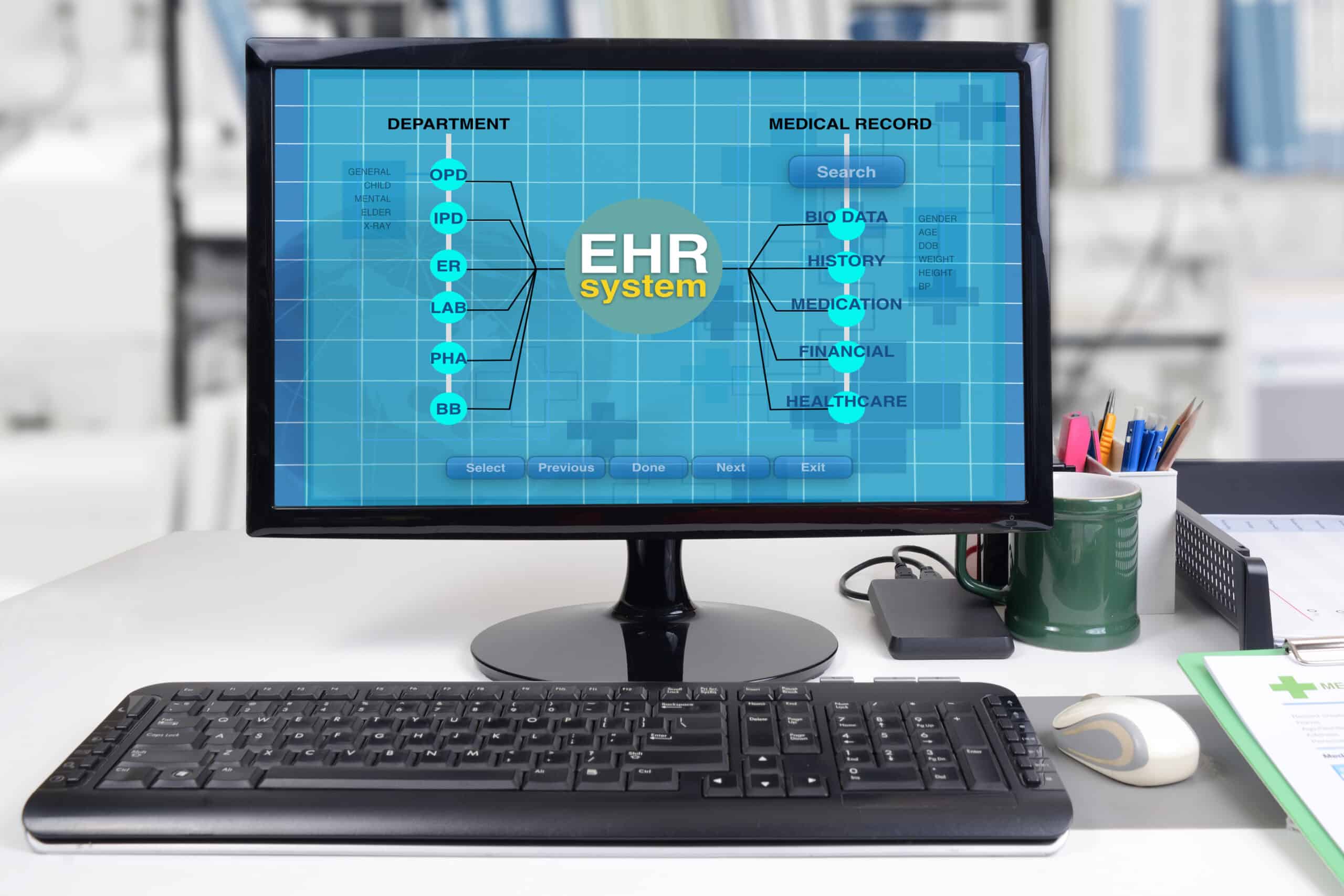To support universal patient transparency, beginning November 2, 2020, all patients in the United States will have immediate access to clinical notes and thus, will be able to read and review clinician’s writings, test results, and other health reports. Per the 21st Century Cures Act systems need to “support patients’ access to their EHI in a form convenient for patients, such as making a patient’s EHI more electronically accessible through the adoption of standards and certification criteria and the implementation of information blocking policies that support patient electronic access to their health information at no cost.”
Open Notes Policy
Referred to commonly as “open notes”, the new federal mandate requires the release of all inpatient and outpatient notes for immediate patient access, including test results with potentially sensitive information. The information now made available to patients immediately includes consultation notes, discharge summaries, medical history, physical examination findings, imaging narratives, laboratory and pathology report narratives, and procedure and progress notes. Unsurprisingly, the plan has been widely contested by healthcare professionals who fear it will result in increased workloads and adverse patients reactions. However, there has been a growing adoption of the new protocols with time as evidenced by several institutions which have already implemented the policy.
Those supporting the new law believe it has the potential to strengthen patient-provider communication and relationships. Certain healthcare institutions are ahead of the curve; UC Davis Health voluntarily implemented open notes a year ago although only two dozen of 1,000 staff physicians opted into the program. Nonetheless, those that did reported positive results and support for the initiative. Similarly, at the University of Colorado Cancer Center, open access to oncology notes has been granted to patients for the past 5 years with no reported issues and highly appreciated by patients.
Sensitive Health Information
Sensitive information may present more of an issue in certain specialties, such as oncology, psychiatry, genetics, and adolescent medicine. For instance, when reading pathology or imaging notes, patients may learn they have been diagnosed with cancer without a physician’s explanation or contextualization. In oncology specifically, patients may struggle to understand their prognosis and treatment plan leaving them stressed, frightened, and/or confused. In certain cases, the importance of physician contact and empathy may be much needed and more valuable than previously thought.
Medical professionals highlight the importance of clear, open, and honest communication with their patients to better accommodate the forthcoming open notes protocols. “When I order imaging or send pathology specimens, I have already discussed with the patient the possibilities, including cancer, and what we will do next. Patients deeply appreciate these discussions, before they see the results,” Dr. Robert Breeze, vice-chair of neurosurgery at UCHealth in Anschutz, Colorado told Medscape in an interview.
As clinicians tend to write notes in medical lexicon, they may now need to write things out in lay terms for the benefit of their patients which may potentially generate more work. Although the new mandate does not require a change in writing style, many clinicians may find they will need to alter their notes to make them more readable for patients, potentially making them less useful for utilization review, billing, and other internal purposes.
Clinicians in favor believe that the open notes policy will help serve overworked physicians by empowering their patients, allowing them to better understand their treatment plan and medication which can ultimately minimize the physician’s workload. Although the federal mandate may seem daunting, the benefits may outweigh the risks if notes are compiled in a patient-focused manner in line with a patient-centered care model. Access to clinical notes, results, and other important health information may promote patient engagement and treatment adherence, as well as deepen the patient-provider relationship.




